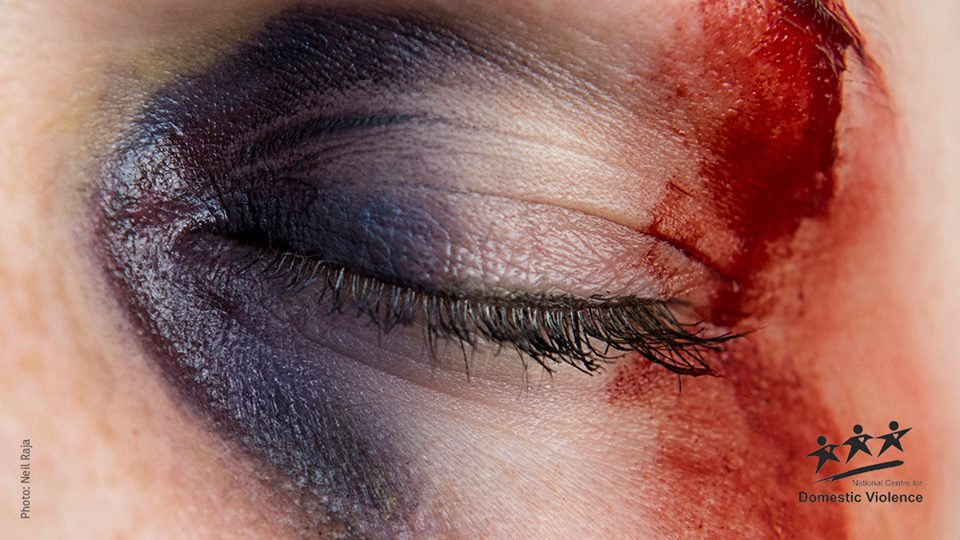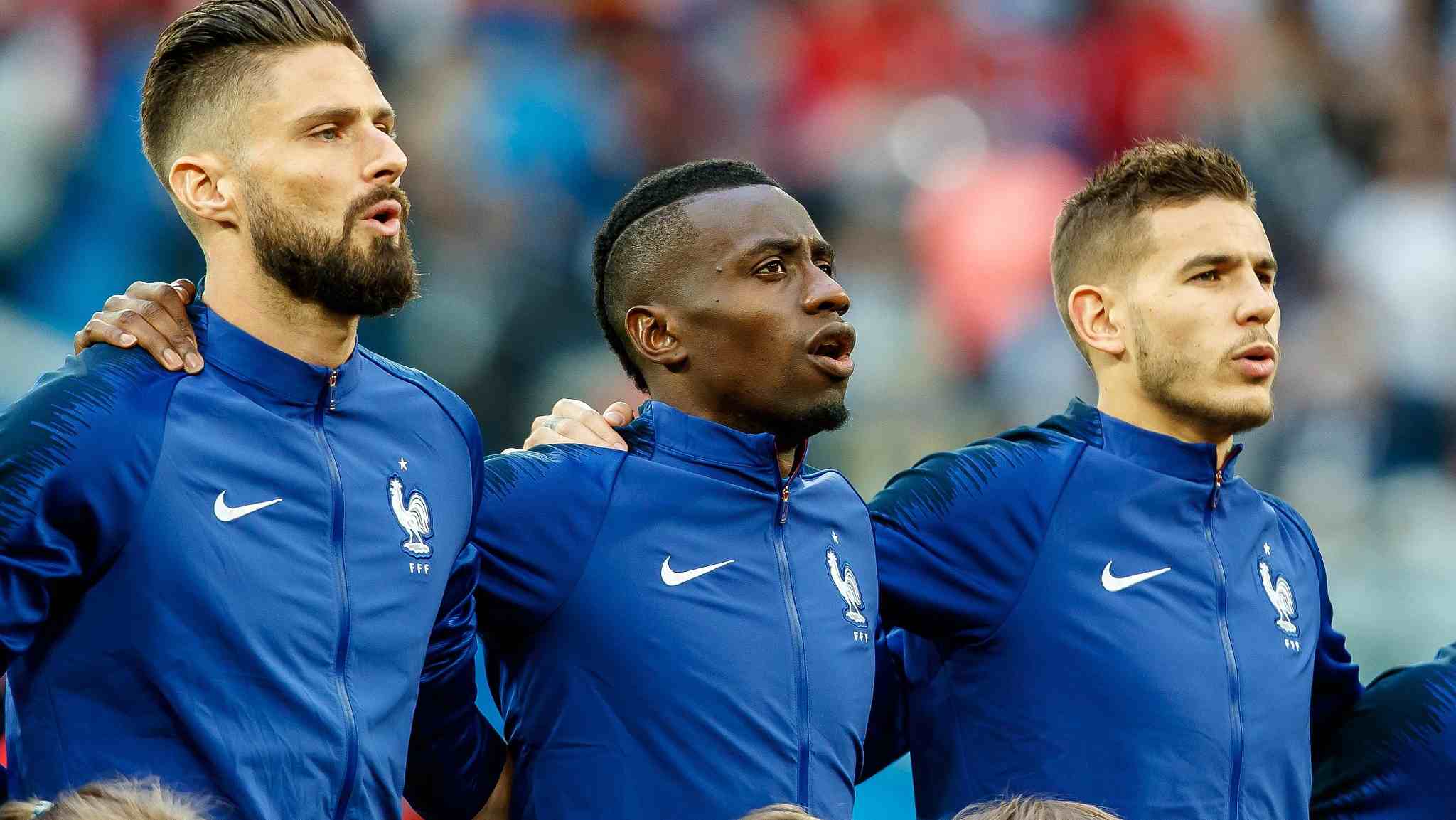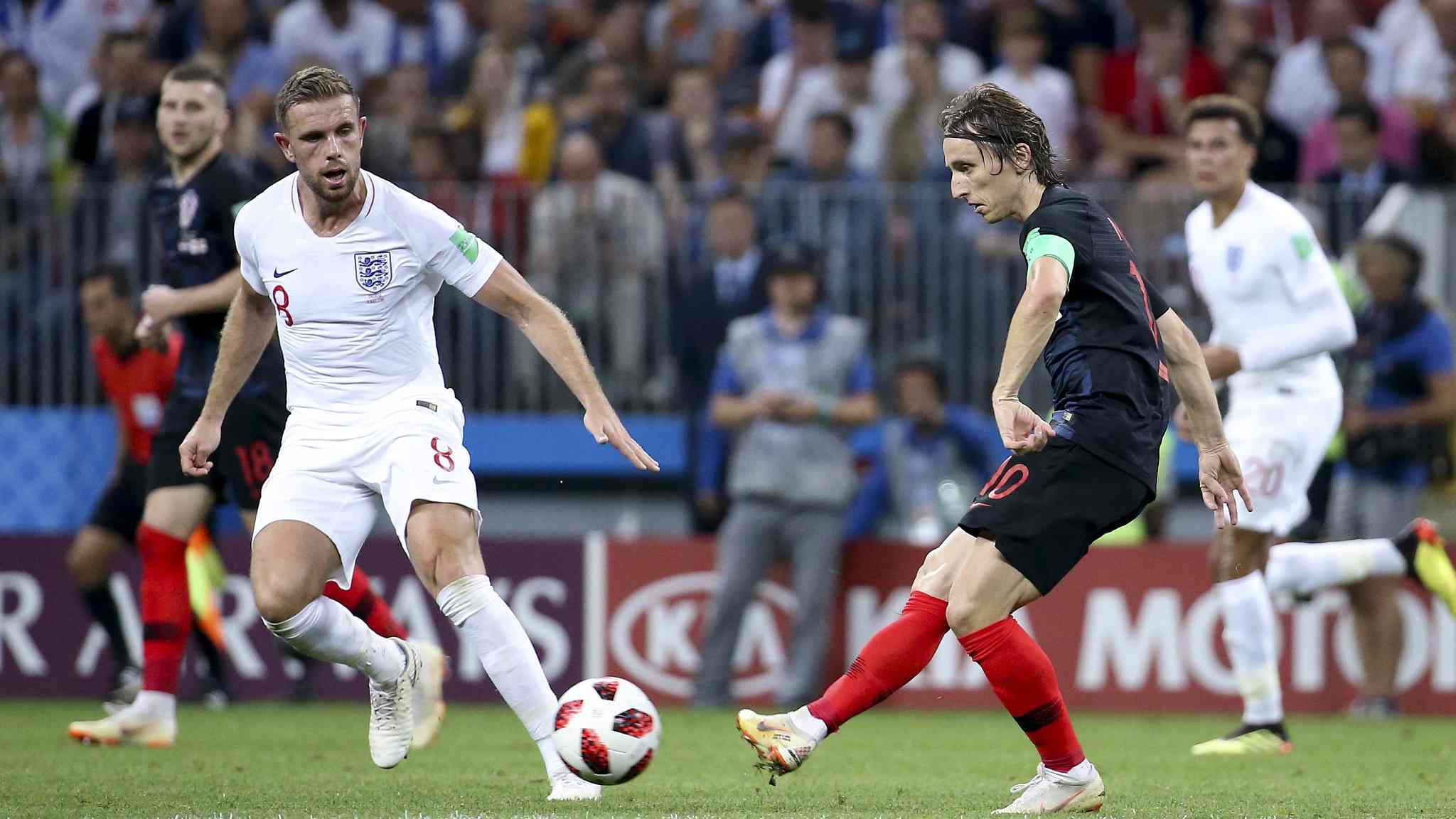
Sports
13:55, 14-Jul-2018
The beautiful game? The World Cup and domestic abuse rates
Updated
13:27, 17-Jul-2018
Orlaith Delaney

The final of the 2018 World Cup takes place Sunday in Russia, but in France and Croatia, the police may find themselves dealing with extra domestic abuse cases, depending on which team wins.
Studies show rates of domestic abuse rise during sporting tournaments like the World Cup. One anti-abuse organization in the UK, the National Centre for Domestic Violence, highlighted this trend in a social media campaign during the tournament. It transformed images of blood and bruises on women’s faces into the English, French, Belgian and Japanese flags.
The campaign follows a Lancaster University report which showed domestic abuse in the UK rose by 38 percent when the English team lost. Rates rose by a quarter on the days the national team played, but did not lose. This jump in abuse also increased with each subsequent World Cup.
Most of the research published so far on how football affects domestic violence has been carried out in the UK. However, domestic violence is also a major issue in both France and Croatia, two countries where football is a very popular game.

French players sing their national anthem ahead of the 2018 FIFA World Cup Russia Semifinal match between France and Belgium at Saint Petersburg Stadium on July 10, 2018, in Saint Petersburg, Russia. /VCG Photo
French players sing their national anthem ahead of the 2018 FIFA World Cup Russia Semifinal match between France and Belgium at Saint Petersburg Stadium on July 10, 2018, in Saint Petersburg, Russia. /VCG Photo
In France, a woman is killed by her partner every three days. Annually, over 200,000 women claim to be victims of domestic violence. Men are also increasingly becoming victims, accounting for 10 percent of cases. One man is killed by a partner every 17.5 days. President Emmanuel Macron called domestic abuse “France’s shame,” and has vowed to make the issue a priority for his tenure.
In Croatia, it’s only two decades since the end of the Serbo-Croatian war, when violence and rape was systematically used against women. In the aftermath of the war, domestic violence rates soared to over 40 percent, as alcoholism, drug abuse and unemployment increased among men. A survey from 2012 showed the problem still persists, as 31 percent of women in Croatia have experienced frequent domestic violence, and 44 percent have experienced it occasionally.
Surges in domestic abuse are by no means limited to football. A similar study in the US showed American football game nights led to increases in reported domestic abuse. In this study, a surprise loss by the favored team saw a corresponding 10 percent jump in police reports. Another study in New Zealand when it hosted the rugby World Cup recorded in September 2011 the highest number of new sexual assaults since records began. The alleged perpetrators involved both players and fans.
Since the 2014 World Cup, Women’s Aid created its “Football United Against Domestic Violence” campaign and worked with football clubs, the FA, the Premier League and BT Sport to raise awareness. Women’s Aid CEO Katie Ghose said in a statement that, while football does not cause domestic violence, “the sexist attitudes, chants and behavior at football matches encourage an environment in which women are belittled and demeaned.”

Luka Modric of Croatia (R) passes in front of England's Jordan Henderson during the 2018 FIFA World Cup Russia Semifinal match between England and Croatia at Luzhniki Stadium on July 11, 2018, in Moscow, Russia. /VCG Photo
Luka Modric of Croatia (R) passes in front of England's Jordan Henderson during the 2018 FIFA World Cup Russia Semifinal match between England and Croatia at Luzhniki Stadium on July 11, 2018, in Moscow, Russia. /VCG Photo
For this year’s tournament, the UK police services increased the number of on-duty officers with domestic abuse training for the duration of the tournament. Known offenders were contacted individually by the police, and public awareness campaigns were promoted more around England match days.
France has under Macron set up a 24-hour online help service for victims and worked to increase general awareness. But in Croatia, current laws on domestic abuse often discourage victims from reaching out to the police for assistance. The existing laws protect only spouses or those who've had children with their abuser. Verbal abuse is treated as seriously as physical abuse by the legal system, so a woman shouting at a man who then kicks or punches her is often prosecuted alongside him. This affects over 40 percent of complainants. And domestic abuse was categorized as a misdemeanor until it became a criminal offense in 2011 and is often still treated as a misdemeanor.
For those who may be concerned, domestic abuse connected to the World Cup final will likely take place on the night of the game, or the following day. One option might be to stay in another location that night. If that’s not feasible, perhaps having other people over to watch the game or a sibling/parent/grandparent to spend the night might defuse tensions. Prior contact with helplines or the police can also alert the security forces that a person may be vulnerable. Or, if you know someone may need help, stay in touch with them in the hours after the game finishes, and during the following day. Breaking the cycle of violence can help end it completely.

SITEMAP
Copyright © 2018 CGTN. Beijing ICP prepared NO.16065310-3
Copyright © 2018 CGTN. Beijing ICP prepared NO.16065310-3